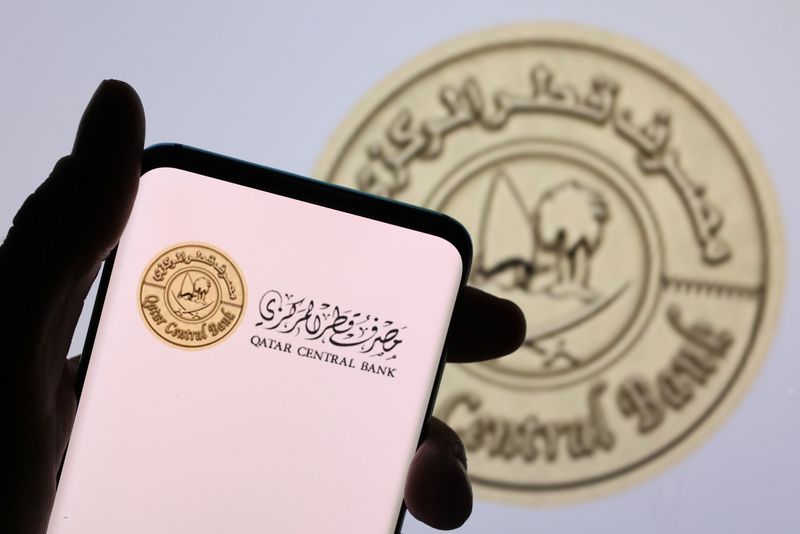Investing.com -- The U.S. Federal Reserve’s imminent loosening cycle is expected to ripple through the Gulf economies, as these nations' central banks are compelled to follow the Fed’s lead due to their dollar pegs and open capital accounts, according to a recent Capital Economics note.
While lower interest rates may provide some relief in terms of debt servicing costs, the overall impact on growth in the Gulf is expected to be limited.
Capital Economics’ U.S. team believes that the Fed will reduce the fed funds rate by 25 basis points at the September policy meeting, with further cuts to follow, totaling 200 basis points by the end of 2025. As a result, Gulf central banks will lower their own rates due to their dollar pegs.
“The so-called “impossible trinity” means that, because of the commitment to fixed exchange rates and the free movement of capital across borders, interest rates in the Gulf have to follow those in the US,” the firm explains.
“Interbank interest rates closely track those in the US, albeit with a spread reflecting a premium demanded by investors to hold local currency instead of dollars.”
There are two primary ways in which the looser monetary policy will affect the Gulf.
First, lower interest rates will reduce debt servicing costs for businesses and households, providing opportunities to refinance or take on new loans at a lower rate. In the case of Saudi Arabia, where many loans are on variable rates, this should provide significant relief, potentially easing concerns about rising non-performing loans.
Second, lower interest rates will affect the incentives to save and borrow. The report highlights that as returns on savings decline, households may be less inclined to save, boosting consumption. At the same time, borrowing costs will decrease, which should theoretically lead to a rise in credit demand.
However, Capital Economics voices caution about the potential for significant credit growth.
“Interest rates are likely to remain high by past standards,” and historical data suggests that oil prices, rather than interest rates, are the main driver of credit growth in the Gulf. High oil prices tend to improve fiscal conditions and stimulate non-oil sectors, creating a more favorable environment for borrowing. But with oil prices currently at $72 per barrel and not expected to exceed $75 in the coming years, the boost to credit growth is likely to be muted.
Overall, the note concludes that while the Fed’s loosening cycle will bring lower interest rates to the Gulf, the broader economic impact will be limited. Capital Economics expects non-oil GDP growth across the region to slow, particularly as fiscal policy becomes less supportive over the coming years.
